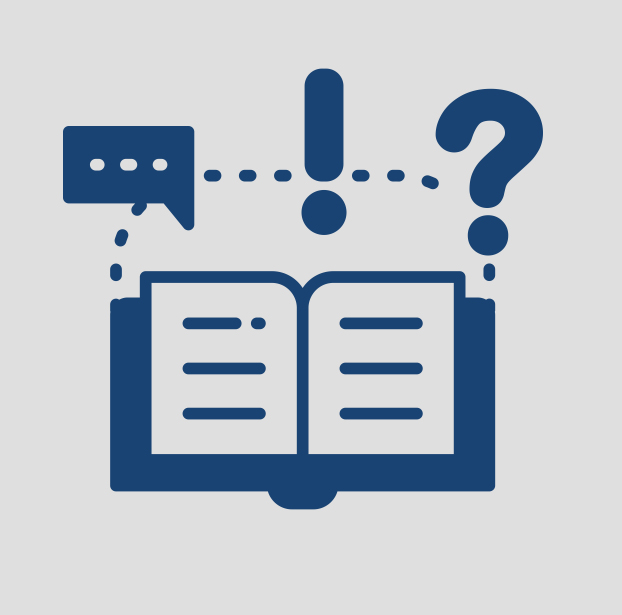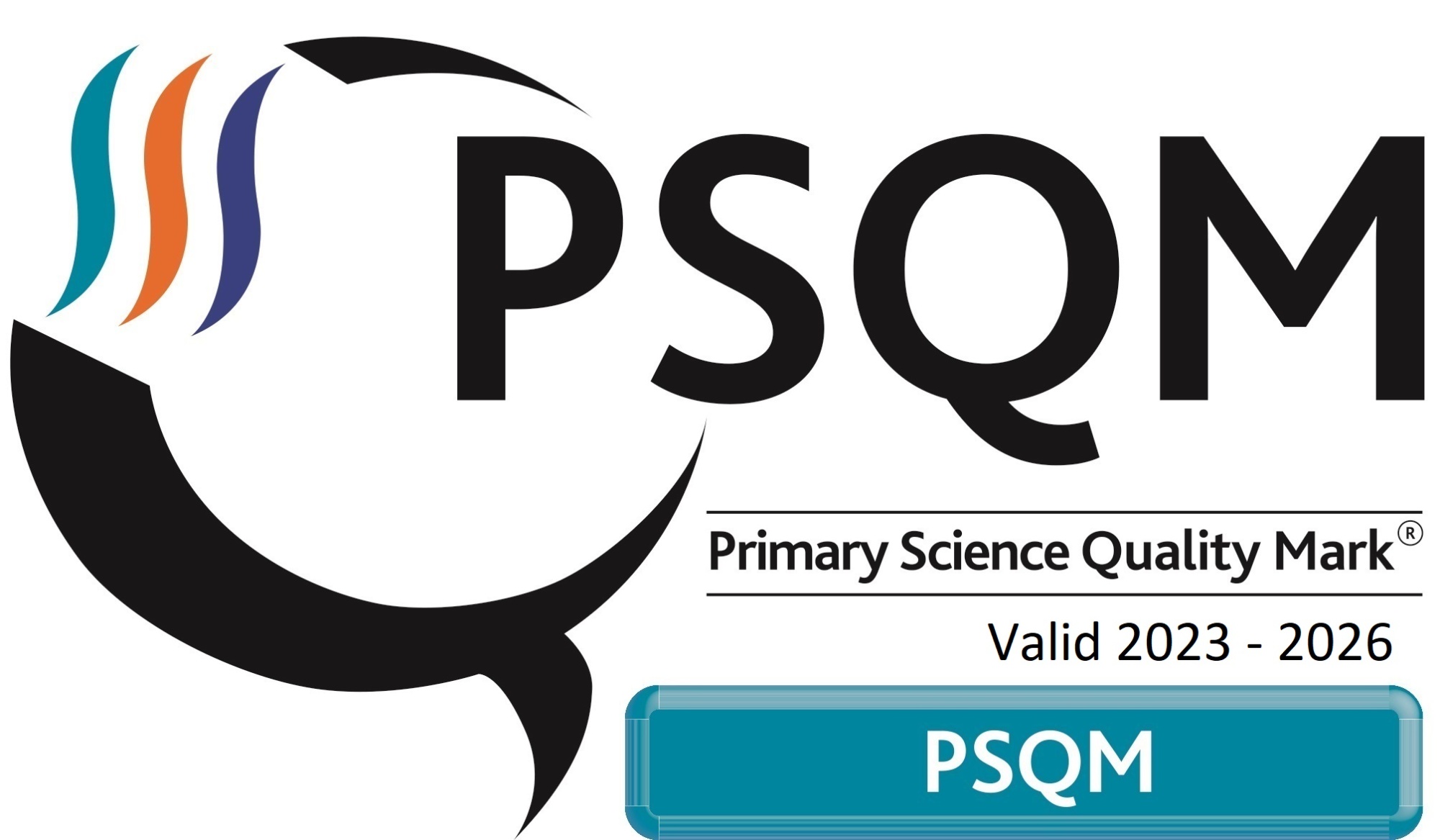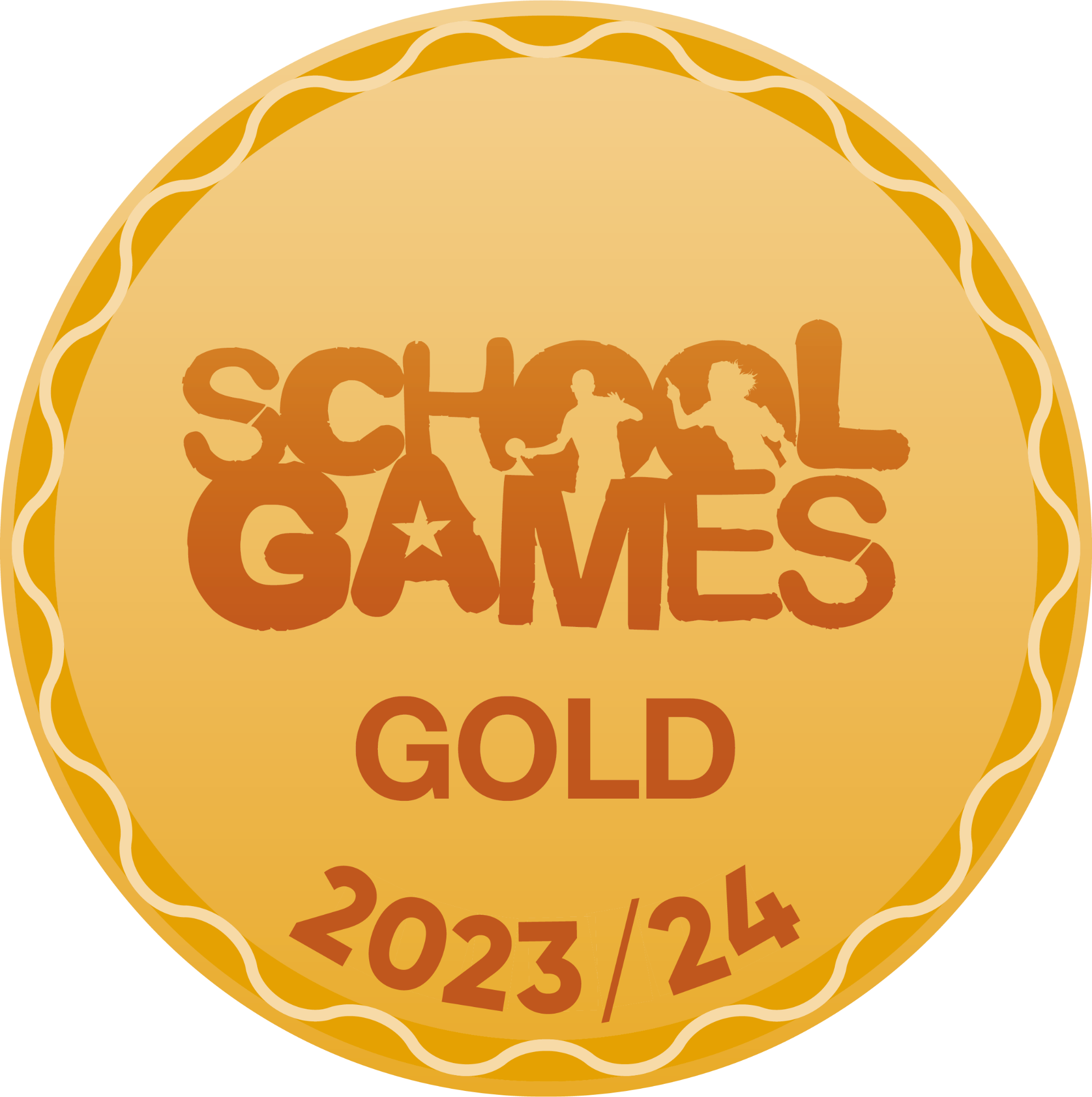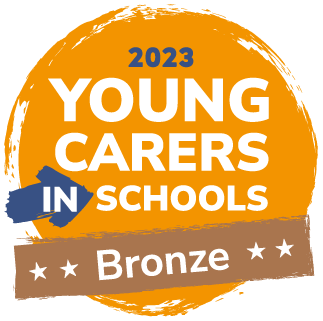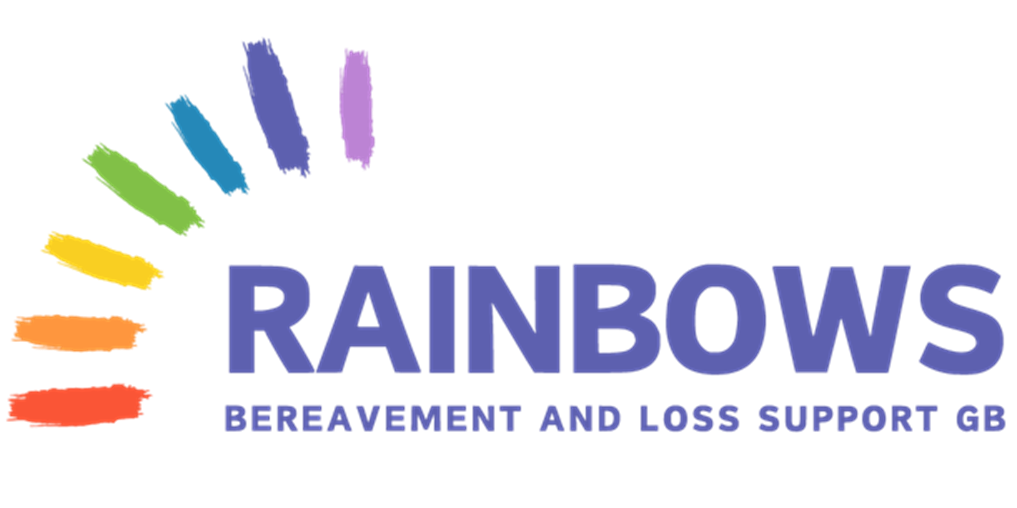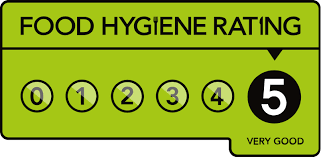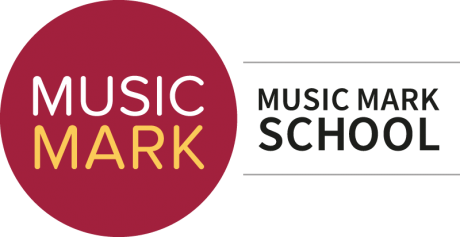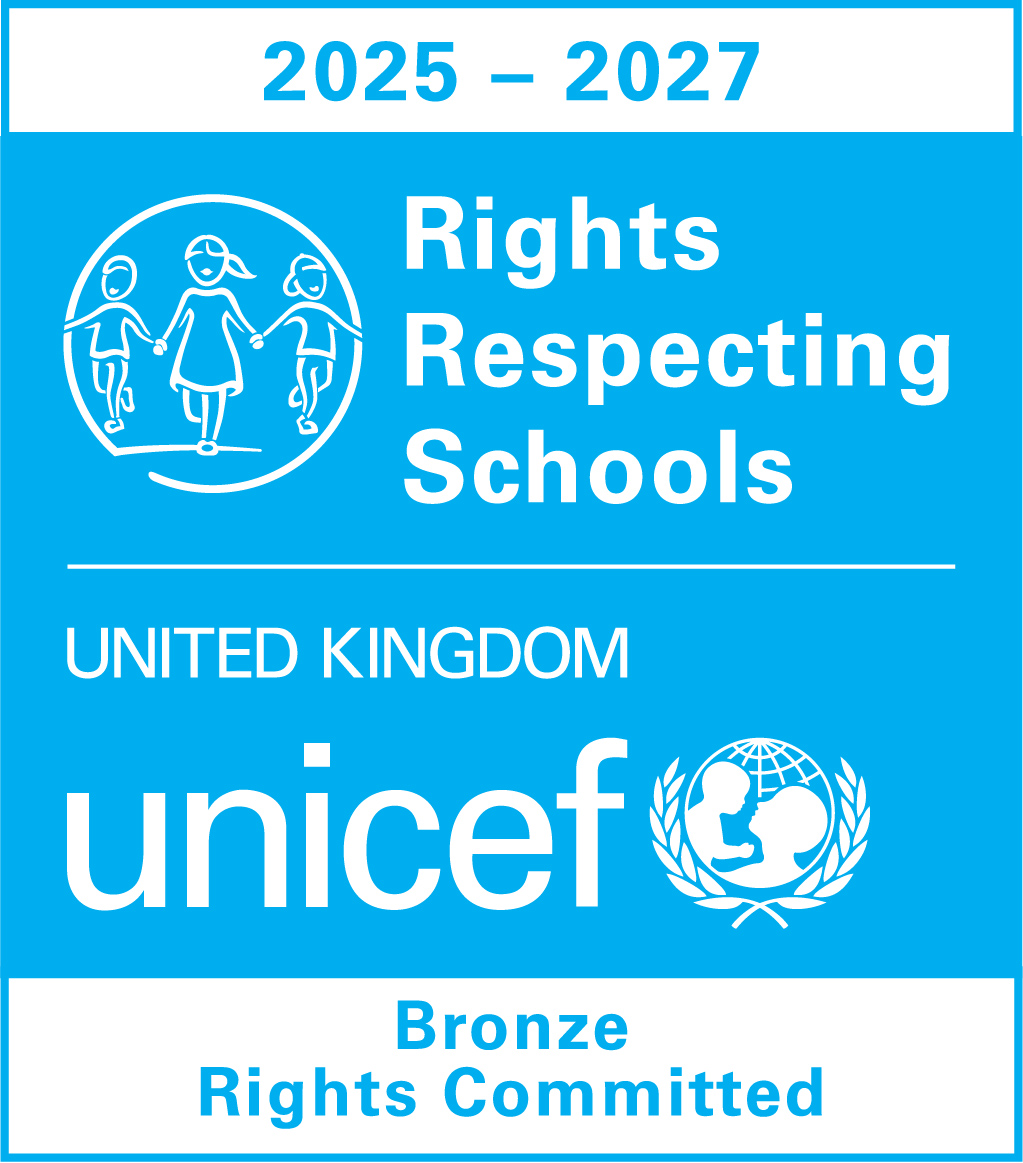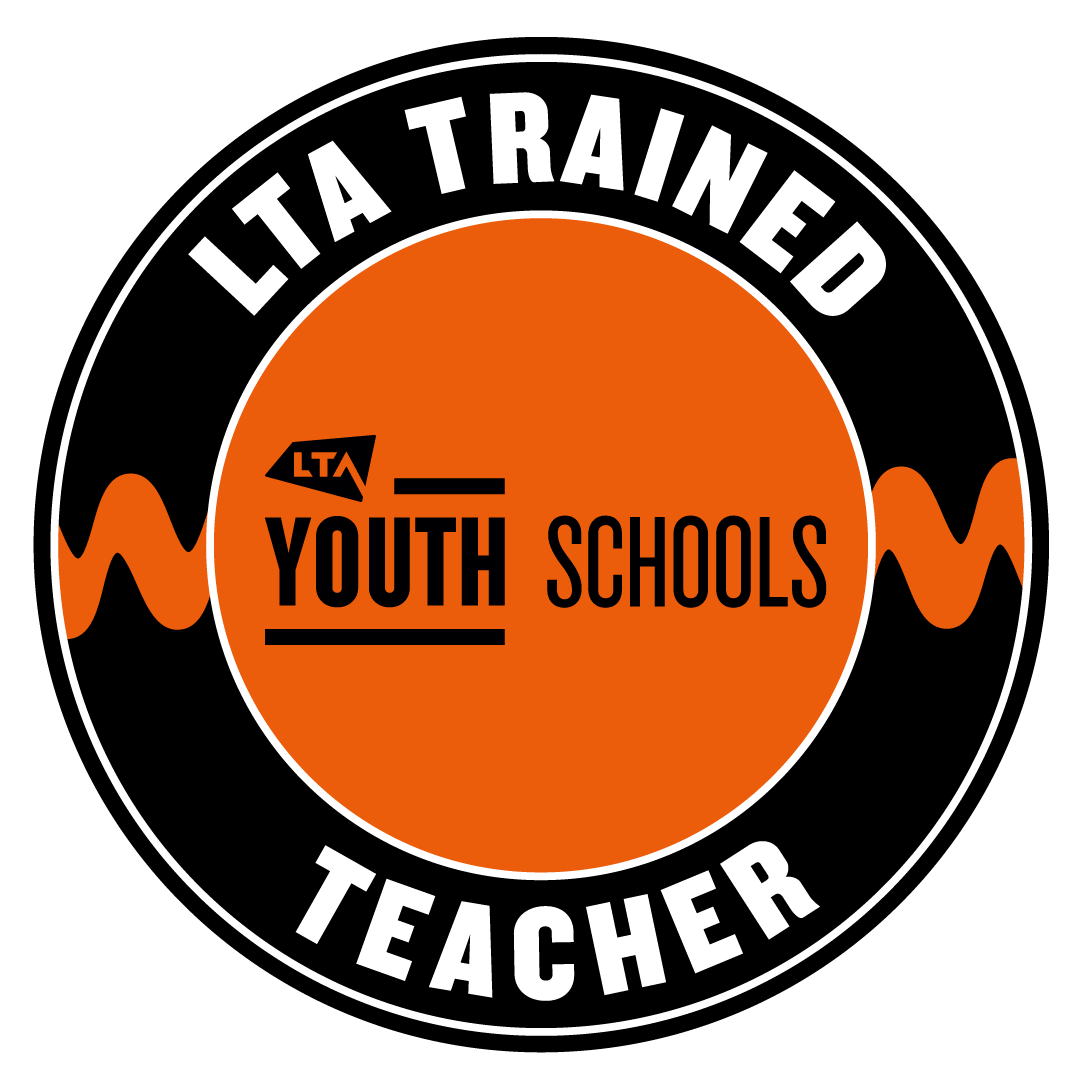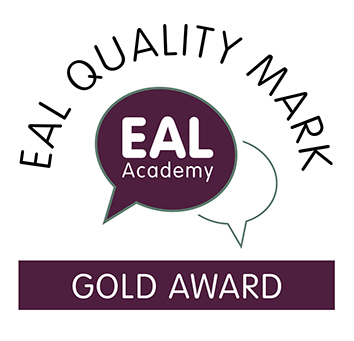Reading & Phonics
The teaching of Reading, both the technical aspects of decoding language and the opportunity for children to develop a love of reading, is one of the most important aspects of school life here at William Byrd Primary Academy. We are determined that every pupil will learn to read; regardless of their background, needs or abilities and that all of our children, including our weakest readers, make sufficient progress to meet or exceed age-related expectations. We believe our approach to reading is progressive and ensures children leave us with the skills they need to enjoy a range of texts genres and prepare them for future life experiences.
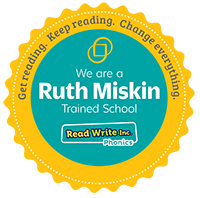 As a school we follow the Ruth Miskin - Read, Write, Inc. scheme for phonics which enables us to have clear expectations of children’ phonics progress term-by-term. Each session includes a differentiated speed sound lesson followed by story time books and activities linked to the level of the children. As part of our phonic scheme, children are grouped depending on their phonic stage and not their age. This helps us to pinpoint exactly what children need to do next in their learning.
As a school we follow the Ruth Miskin - Read, Write, Inc. scheme for phonics which enables us to have clear expectations of children’ phonics progress term-by-term. Each session includes a differentiated speed sound lesson followed by story time books and activities linked to the level of the children. As part of our phonic scheme, children are grouped depending on their phonic stage and not their age. This helps us to pinpoint exactly what children need to do next in their learning.
For children who have fallen behind we take on the approach of keep up, not catch up. This involves experienced 1:1 teachers, working with children to get them to where they need to be and on the journey to becoming confident fluent readers. Children also access a whole class, speed sound lesson in the afternoons, to reinforce and expose new sounds to all. These learnt sounds are then reinforced and matched in our children’ phonic homework and oxford owl books we assign online or send home.
As a school, we aim to ensure each classroom exposes children to vocabulary rich classrooms. This includes high quality texts during carpet teaching and daily story times to develop our children’ love of reading. Children also have access to phonic and reading games and resources, which they can access independently in the indoor and outdoor learning environments. To promote a love of reading, we have also developed exciting and engaging reading areas around our school inspired by our children’ interests , with a wide range of texts ranging from magazines, stories, poems, nonfiction texts to story maps our children can enjoy together.
In order to achieve high quality teaching in reading, our reading leaders work with staff on a daily basis to improve and secure their practice. This ranges from 1:1 coaching to weekly insets focusing on key areas of reading. Doing this enables us to make sure all children are getting what they need and all staff are aware of our high reading expectations.
Our RWI journey begins in Nursery where children are taught well-structured and sequenced phonics sessions to enable them to decode effectively. Our Reception and Year 1 team work closely the RWInc. programme has a smooth transition from the Autumn Term.
In Year 2, children continue with RWI and build on their knowledge of phonics. Once children are fluent readers, they will transaction to the RWInc. Comprehension programme. This programme uses the key strategies from RWInc. Phonics to maintain momentum and support with the development of reading fluency and comprehension.
Read Write Inc. Phonics
Term by Term Reading Expectations
| RECEPTION | YEAR 1 | YEAR 2 | ||
|---|---|---|---|---|
| AUTUMN 1 | Set A/B | Purple | Blue | Grey |
| AUTUMN 2 | Set C | Pink | Grey | |
| SPRING 1 | Ditty | Orange | RWI Comprehension | |
| SPRING 2 | Red | Yellow | ||
| SUMMER 1 | Green | Yellow | ||
| SUMMER 2 | Purple | Blue | ||
In Years 3 - 6, comprehension groups are organised by attainment, but remain flexible enough for children to move between groups and comprehension tasks set. It is also common practice for children to work in slightly mismatched groups so they have the opportunity to work with stronger readers as role models.
In William Byrd Primary Academy, we have adopted the 5E approach to support with the teaching of Reading; Engage, Explore, Explain, Elaborate and Evaluate.
1. Engage
|
The Engage phase allows teachers to discuss and explore the context behind the text they are doing in order to engage and enthuse the readers.
2. Explore
|
Through our progression of skills framework, a reading skill is introduced and modelled through a range of examples during the Explore phase. Children will explore the text through using a variety of strategies; Talk out loud, echo reading, annotating, e.t.c.
3. Explain
|
As children and teachers read through the text, key vocabulary is explained and discussed. Vocabulary and looking at words in context are at the core of each lesson to equip children with the skills they need to understand the text. Teachers use a range of strategies to support with the understanding and retaining new vocabulary. Strategies can include graffiti walls, magpie books, word of the day, word association. As each lesson has a skill-based focus which is derived from the progression of skills framework, the teacher then models how to use the text to support with answering key questions.
4. Elaborate
|
Children are given sufficient time to apply their skills during the Elaborate phase. We aim to ensure children link these skills across the curriculum so that they can apply them in different contexts and across different subjects.
5. Evaluate
|
During the evaluate phase, children are given the opportunity to form links and look forward with their learning.
In Year 3, children who are not at age related will be supported by the RWI Comprehension programme. In Year 4 -6, children who are not yet at age related expectations will work through the Freshstart Programme which will enable them to reach a reading age of at least Year 4 by the end of the programme.
We provide opportunities during our main literacy lessons for children to access a whole text to stimulate and support a love of literature. It is important that children are provided with opportunities to become engaged in a whole text to support their understanding of comprehension and promote fluency across all abilities. Each class will access a minimum of six whole texts a year and discover various styles of writing which they can then adopt to support their writing.
In addition, we have daily slots in the timetable which enable teachers read to their classes, sharing good quality literature with them. This helps our children to develop their vocabulary as well as introducing them to unfamiliar ideas and concepts. It also gives children the opportunity to tackle longer or more challenging texts than they would be able to alone. This is an enjoyable time of the day as it is a chance to share a story as a class and to listen for pure enjoyment.
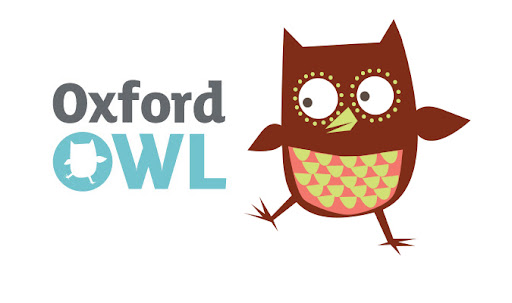 To support with home learning and encourage reading at home, children have access to an online portal – Oxford Owl. Teachers set books for children based on their age appropriate level and RWI books they are focusing on in class.
To support with home learning and encourage reading at home, children have access to an online portal – Oxford Owl. Teachers set books for children based on their age appropriate level and RWI books they are focusing on in class.
| EYFS | KS1 (Y1) | KS1 (Y2) | KS2 (Y3-Y6) | |
|---|---|---|---|---|
| READING PROVISION | RWI Phonics | RWI Phonics | RWI Phonics | 5E's Comprehension |
| RWI Comprehension | ||||
| CATCH UP OFFER | RWI 1:1 daily tuition RWI group tuition |
PiXL Reading therapy RWI Freshstart |
||




